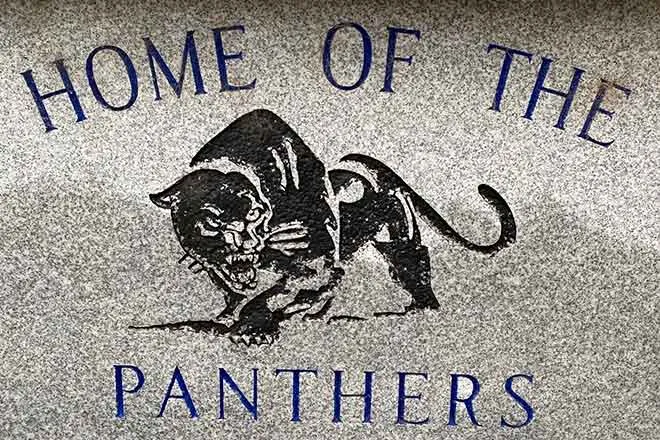
Report: Strengthening the pathway from college to workforce
Click play to listen to this article.
(Utah News Connection) A new report from WGU Labs, a nonprofit affiliate of Western Governors University based in Millcreek, Utah, is shedding light on the importance of strengthening higher education and workforce pathways.
Omid Fotuhi, director of learning innovation at WGU Labs, said many people who are considering higher education are asking themselves whether a four-year degree is a worthwhile investment to increase their chances of a prosperous career.
Half of those who do graduate from college didn't apply to entry-level jobs because they felt underqualified, according to 2021 research from the Cengage Group.
Fotuhi explained that has led to institutions feeling mounting pressure to demonstrate the value in higher ed.
"There are long-standing legacies and practices that have shaped the way the higher-ed institutions operate," he observed, "which means they have their own curriculum, they have their own majors and their own programs, that are almost independent of what the workforce needs are requiring."
Fotuhi sees workforce needs as both distinct, and changing at a rapid pace. The report notes that while employers continue to primarily hire workers with college degrees, they've expressed more willingness to accept other credentials and demonstration of skills in place of a degree.
Fotuhi is convinced institutions can better cater to local job markets by developing tailored skills, and rethinking conventional models of advising and internships to better serve both parties.
He argued he has seen "disjointed, separate levels of incentives," and contends these create silos between higher education and the workforce. He asserted the current system is broken and gaps need to be filled.
WGU Labs convened stakeholders earlier this year to explore barriers impeding the pathways from graduation to landing a job. Fotuhi added the solution won't be a single-pronged approach, but rather should be a collaborative effort.
"Bring folks to the table so we can have a collective understanding of where the pain points are," he insisted. "And second, let's recognize individuals for what they are -- which is lifelong learners, aiming to improve the chances at creating a better life for themselves through the opportunities the workforce stands to offer."
According to the report, WGU Labs is exploring pilot projects based on stakeholder insights in a search for tangible solutions to solve the challenges between higher-ed and the workforce.
Support for this reporting was provided by Lumina Foundation.

















